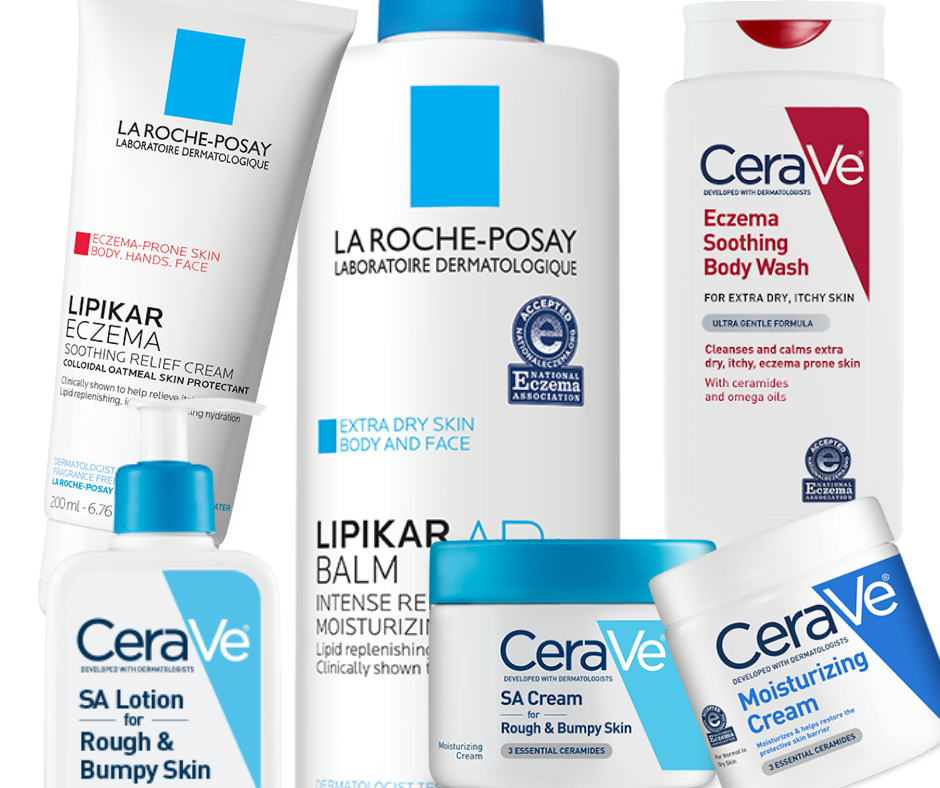CARING FOR YOUR SKIN AT CHRISTMAS
Janine Mendes-Franco
Whether you’re spending your holiday break in winter climes or tropical temperatures, here’s how to ensure your skin has that rosy Christmas glow.
Warm climates tend to have high humidity, which means that there’s a lot of water vapour in the air. Because the skin’s natural cooling system—sweat—doesn’t evaporate as easily in humid conditions, our pores expand and get clogged more easily. Colder climates, on the other hand, tend to dry out skin, stripping it of the hydration it needs to stay healthy. You can combat moisture loss caused by the combined effects of low humidity and indoor heating by fortifying your skin’s natural barrier. Interestingly, how you care for your skin in both extremes is remarkably similar…
Caribbean Christmas
CLEANSE: Morning and evening, clean your skin with products that cater to your particular skin type. Skinceuticals has some wonderful choices that help control irritating skin conditions like acne and eczema, which thrive in humidity.
MOISTURISE: Just because the atmosphere has a lot of moisture in it doesn’t mean you can skip moisturising your skin. Hydrated skin is healthy skin; just opt for more lightweight moisturisers in tropical heat.
USE SUNSCREEN: You knew this was coming, right? Sun damage is one of the biggest culprits when it comes to ageing skin and skin cancers, so never leave home without it, and be sure to choose reliable sunscreens, with SPF 30 or higher.
Winter Wonderland
CLEANSE: Instead of harsh soaps, opt for moisturising gels and cleansers that nurture and replenish your skin. You can check out some of our fabulous SkinCeuticals products here.
MOISTURISE: Choose products that seal in the moisture to avoid having itchy, flaky, or cracked skin. Emollients like Vaseline are effective at healing a dry epidermis and forming a protective barrier against the effects of a harsh winter. Another great brand is CeraVe, which offers excellent hydration properties.
USE SUNSCREEN: The effects of UV rays in temperate climes can be intense, especially because the glare of the sun off fallen snow. (For this reason, you should also wear polarised sunglasses.)
To find out more about superlative skin care, you can check out past issues of our newsletter, or make an appointment if you need to consult with us.







